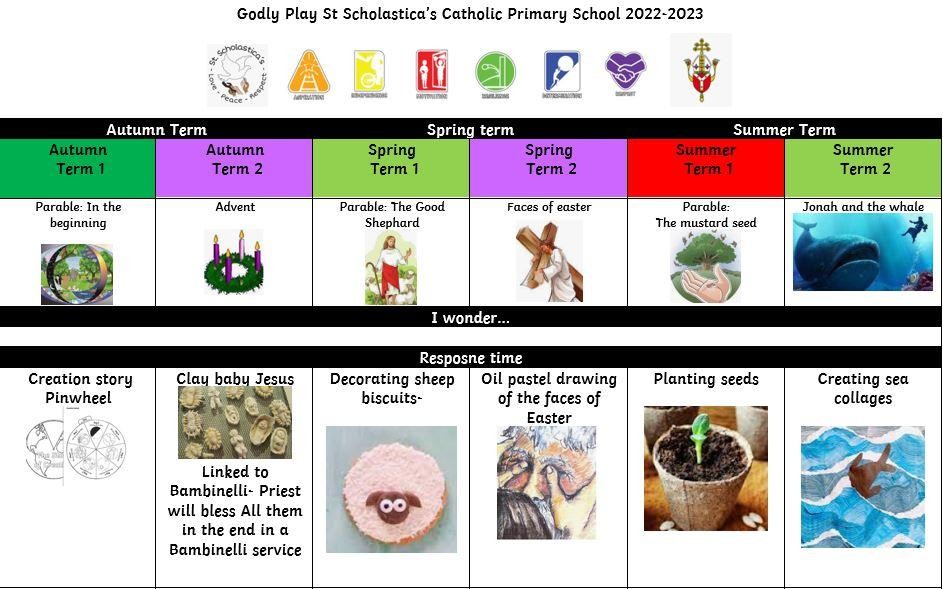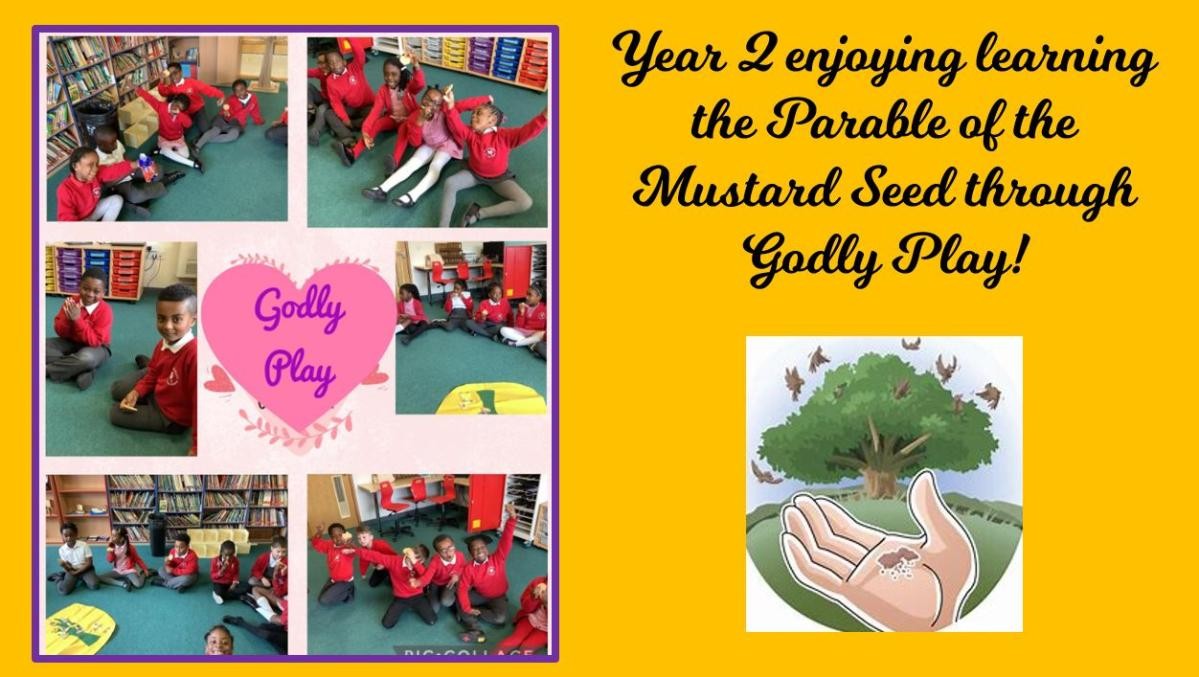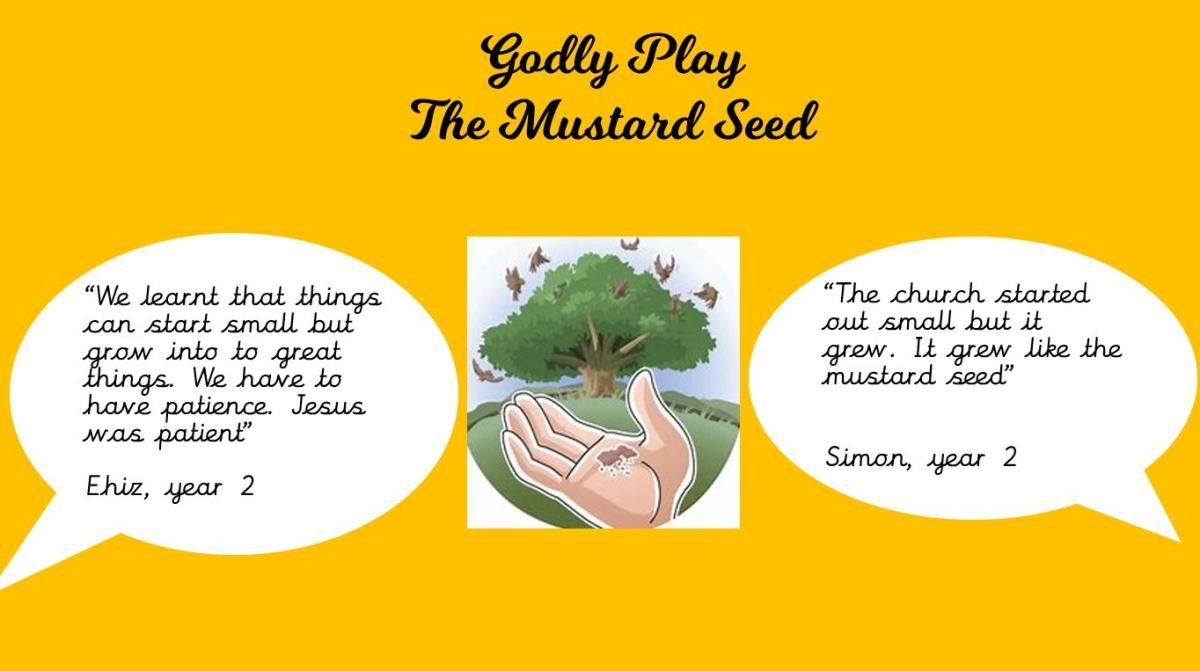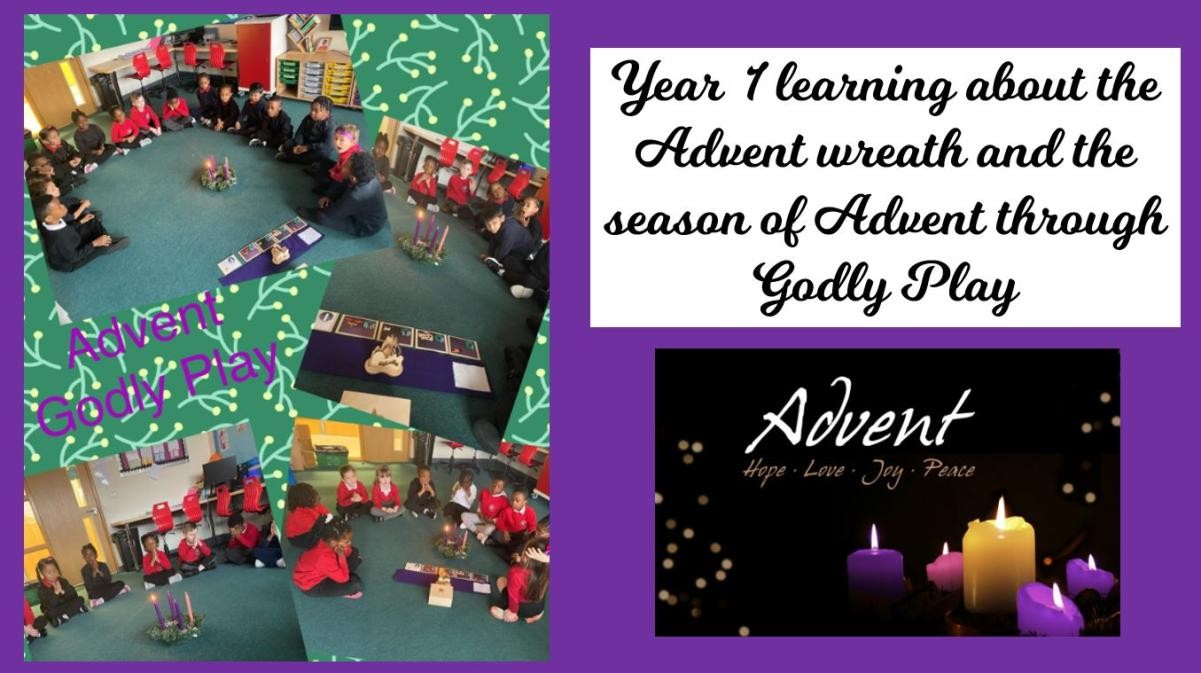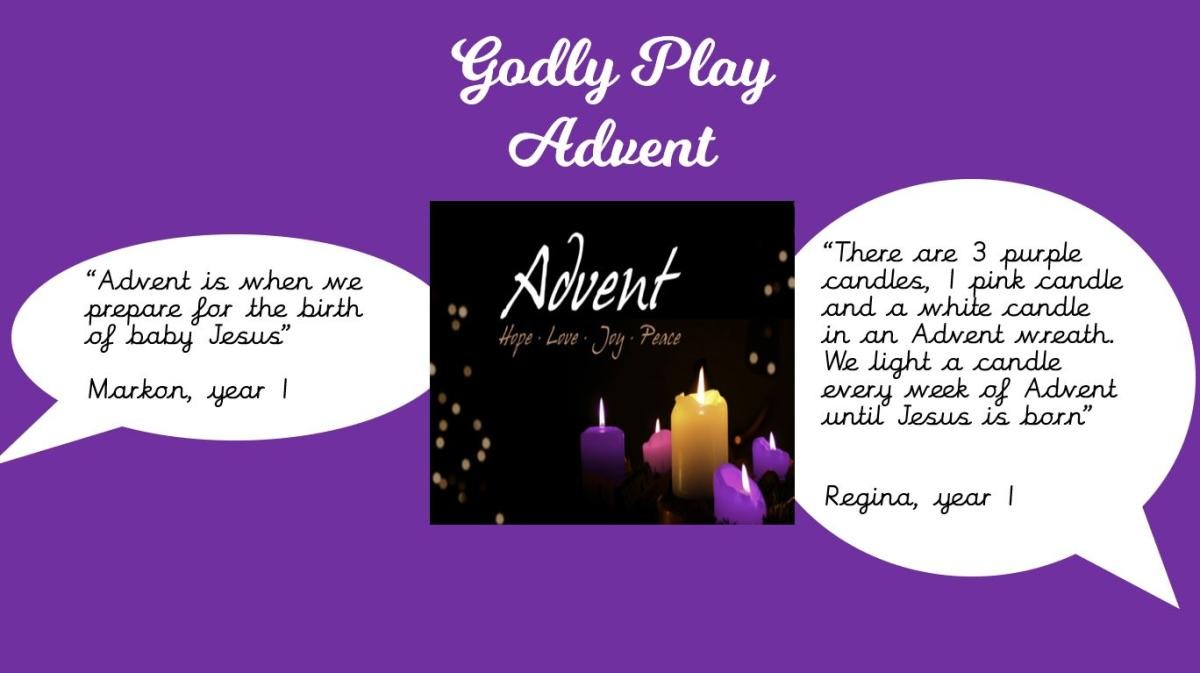“In most religious education children are told who God is. In Godly Play children discover who God is.”
Children have an innate sense of the presence of God. The Godly Play approach helps them to explore their faith through story, to gain religious language and to enhance their spiritual experience though wonder and play. Religious stories are ‘presented’ in a thoughtful, prayerful manner in which the storyteller takes second place to the story, allowing the listeners to experience directly, without unnecessary mediation, the message contained in the story for each listener.
Each story has its own simple set of materials which the storyteller uses to shape the unfolding drama. Following the initial storytelling presentation, children are encouraged to ‘work’ with these materials for themselves.
Immediately following each story, the group shares in a ‘wondering’ session, reflecting on how different people, feelings and issues in the story raised feelings or thoughts in their own minds.
Each session should end with a regular pattern of questions, depending on whether the story comes from the historical stories of the Old and New Testament, or from a parable.
The basic questions:
Children have an innate sense of the presence of God. The Godly Play approach helps them to explore their faith through story, to gain religious language and to enhance their spiritual experience though wonder and play. Religious stories are ‘presented’ in a thoughtful, prayerful manner in which the storyteller takes second place to the story, allowing the listeners to experience directly, without unnecessary mediation, the message contained in the story for each listener.
Each story has its own simple set of materials which the storyteller uses to shape the unfolding drama. Following the initial storytelling presentation, children are encouraged to ‘work’ with these materials for themselves.
Immediately following each story, the group shares in a ‘wondering’ session, reflecting on how different people, feelings and issues in the story raised feelings or thoughts in their own minds.
Each session should end with a regular pattern of questions, depending on whether the story comes from the historical stories of the Old and New Testament, or from a parable.
The basic questions:
- I wonder which part of the story you like best?
- I wonder which part of the story is the most important?
- I wonder which part of the story you like the least?
- I wonder if there is a part of the story we could leave out and still have all of the
- story?
- I wonder which part of the story is most about you?
We intoduced Godly play sessions in 2021. We ensure that each class have at least one Godly Play session each half term.

